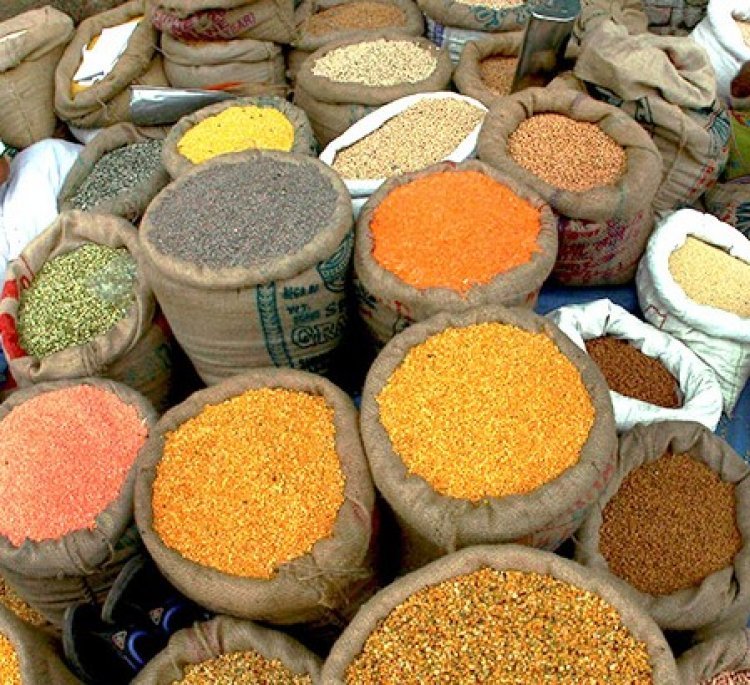Crisil flags concerns over 'inflation' in pulses
Even as monsoon wreaks havoc in many States, retail inflation in pulses is expected to be less volatile this year, according to a report by research agency CRISIL. Crisil Ratings has predicted that the next peak of inflation in pulses could be 6 to 7 months away. Weather patterns last year damaged production, potentially increasing prices.

Even as monsoon wreaks havoc in many States, retail inflation in pulses is expected to be less volatile this year, according to a report by research agency CRISIL. Crisil Ratings has predicted that the next peak of inflation in pulses could be 6 to 7 months away. Weather patterns last year damaged production, potentially increasing prices.
It says policymakers will need to pay attention to monsoon behaviour and its effects on prices and take action to rectify pressure. This year, with delayed rains, pulses sowing could be affected. The government's removal of the 40% procurement ceiling for key pulses could encourage farmers and help increase sown area.
This year, assuming that pulses inflation continues to display the cobweb phenomena (albeit less pronounced), the next peak could be 6 to 7 months away, according to Crisil Ratings. Moreover, truant weather patterns last year caused some damage to production, which could have some impact on prices.
The rating agency said that this year too, policymakers will have to keep their eyes peeled on monsoon behaviour and its implication on prices, and accordingly take measures to correct price pressure. This year with rains delayed and uneven, and impacting pulses sowing, pressure on prices could be felt. But, continued government intervention via price stabilisation schemes could ensure that the next peak remains less intense.
In a recent move, the government announced the removal of the 40% procurement ceiling for key pulses (tur, urad and masur) which will allow farmers to sell any amount of their produce. This should encourage farmers and help increase the sown area in the cropping seasons to come. Higher procurement also facilitates better price signalling through the announcement of MSP.
Incorrect price signalling was a key reason which led to cobweb pattern of growing pulses. Other timely policy measures including the recent announcement to impose stock limits on arhar and masur to discourage traders from stocking supplies, also keep a check on price spikes.



 Join the RuralVoice whatsapp group
Join the RuralVoice whatsapp group







































